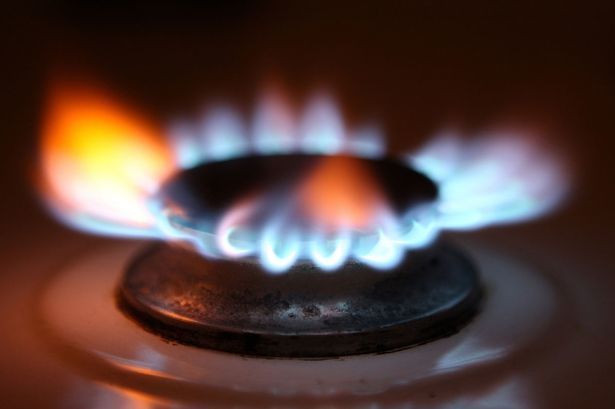
The drone attack which knocked out half of Saudi oil production is likely to put up energy bills for UK consumers, an analyst said.
Craig Lowrey, senior consultant at Cornwall Insight, said the Brent crude price rise witnessed in the aftermath of the assault would be reflected in higher tariffs and the possible withdrawal of fixed price, fixed duration deals.
The attack stripped the market of 5.7 million barrels of oil per day, which equates to about 5% of global demand.
Brent crude, the global benchmark, skyrocketed by about 20% to $71.95 per barrel yesterday morning − the biggest gain in percentage terms since 1991.
Prices have cooled off slightly, with Brent trading at $66.57 per barrel on Tuesday afternoon.
Mr Lowrey said price increases had already been witnessed across UK gas and electricity contracts.
He said: “An increase in oil prices is likely to lead to a corresponding rise in gas and electricity prices, which will be reflected in higher tariffs for customers going forward, while existing fixed-price fixed-duration tariffs may also be withdrawn.
“With the default price cap, based on a lag in wholesale prices, recently being lowered by Ofgem for the upcoming winter period, any suppliers that are not already hedged may not be able to entirely pass through the rising wholesale costs to all their customers.
“The rise also, unfortunately, comes at a critical point in the financial year for suppliers, with Renewables Obligation (RO) policy costs due in September and the expected re-introduction of Capacity Market payments should the scheme be reinstated under State Aid. The combination of these variables could potentially cause a critical squeeze on suppliers working capital positions.
He added: “While trading and hedging strategies for suppliers and market participants need to be dynamic and reactive, there is no benchmark for an event of this magnitude. As such, this uncertainty may lead to higher and more volatile prices at least until more information becomes available.
“Furthermore, coming off the back of the events of Tuesday 10th September when energy prices jumped in response to news from France, Belgium and The Netherlands, the prospect of an oil-led commodity price spike adds to the chance of market rises feeding into higher bills for customers at some stage.”
